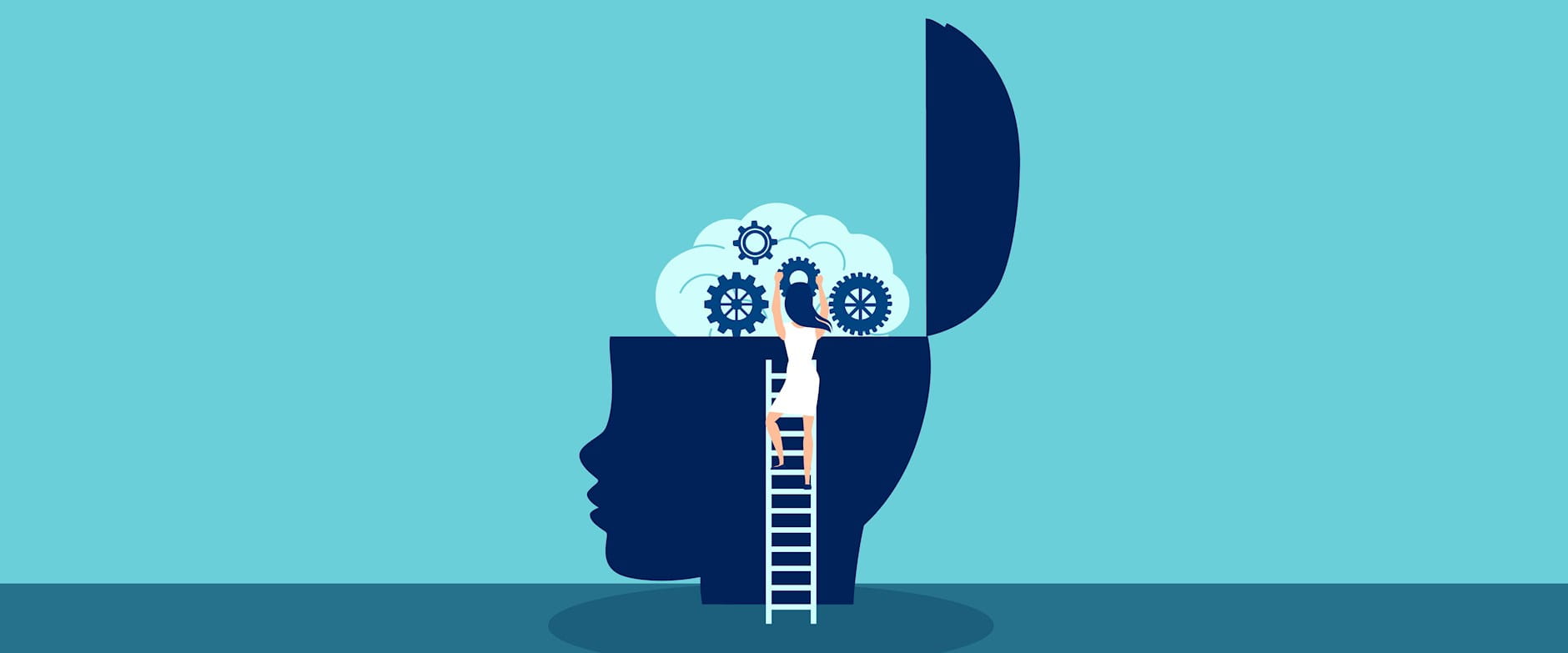
What Drives Our Desire for Exclusivity
- September 22, 2021
- CBR - Behavioral Science
Narrator: The idea of exclusivity has long been used to jack up prices on luxury cars, liquor, and fashion. But exactly how much do people value exclusive goods? Enough to pay a premium of 50 percent or more, according to Chicago Booth’s Alex Imas and London School of Economics’ Kristóf Madarász. The reason reflects a deep-seated aspect of human nature: we put greater value on things other people want but can’t have—just because they can’t have them. The researchers refer to this motive as dominance-seeking.
Alex Imas: The dominance element comes from the fact that I enjoy things that people want, that they desire, but can’t have. So through exclusion, I’m able to feel dominant over a different group. And this is what generates these preferences for exclusion, which can be exploited by firms and savvy politicians in order to get reelected or get more profit.
Narrator: The researchers took 274 participants who’d just taken part in an unrelated study for which they were paid $15. The participants were told they could bid as much as $15 in an auction for a custom t-shirt created exclusively for the study. Imas and Madarász split the participants into three groups. In the first group, anyone could bid: a basic auction. In the second, a certain number were randomly excluded.
Alex Imas: But what we found is that by making the opportunity to bid more exclusive, actually average bids went up and revenue for the seller, for us as the experimenter, went up. In fact, bids in the smaller groups when they knew other people presumably wanted this good but couldn’t have it because they couldn’t even bid on it, this led to almost a doubling of average bids and much more revenue for the experimenter in these smaller groups. And this experiment also allows us to rule out a whole bunch of things like, for example, scarcity. Maybe people thought, maybe people would think that, look, if you decrease the number of products, then these products are more valuable or something like that. Well, in both of these conditions, there was only one product. In both the exclusion and nonexclusion conditions, there was only one t-shirt that was being auctioned off. And this kind of shut down a lot of channels that could potentially explain this effect apart from this dominance-seeking motive.
Narrator: In the third group, the researchers only permitted bids from people who signaled they wanted the t-shirt. If they didn’t want it, they were not allowed to bid.
Alex Imas: And now, all of a sudden, there’s no dominance motive because I know that if I get the good, the people who are excluded didn’t really want the good as much as I did. They actually wanted it less. And we found that the effects of exclusion completely went away.
Narrator: The researchers say that this dominance motive is central to human behavior.
Alex Imas: I don’t really know what I want necessarily, so I take other people’s desires as my own preferences, and people’s desires kind of mirroring each other in this mimetic manner. So psychologically we think, well, the mimetic part, and the dominance-seeking part, is a very basic element of human motivation.
Narrator: The researchers say this motive is often exploited by companies and savvy politicians. A company might allow only a small portion of its customer base to receive a given product. Monopolistic companies, in particular, can charge the most because few customers able to access and afford its product, available nowhere else, will feel like they’re getting something other people want but cannot have. The dominance motive can even affect people’s preferences for policies and explains why people can prefer policies that would seem to run counter to their own self-interests.
Alex Imas: For example, this idea of minimum-wage opposition being most concentrated in this second-to-last-poorest group. And the idea is basically that look, if the minimum wage increases, all of a sudden, the people below me can actually get what I have and I’m enjoying more because they can’t have it. And so I’m opposed to these policies for that reason. Similarly, you have all of this evidence about recent immigrants or immigrants who have come in the past being really against increases in immigration. We have some quotes in the paper about this, and it’s this idea that look, I actually know people who want what I have after I immigrated. And this makes me, you know, in a very perverse—this is not a very ethical motive—makes me feel pretty good about it. And so if immigration increases, then this kind of thing goes away. And I want to preserve that status quo. And down the road, this also provides a additional psychological motive for discriminatory policies, since the dominant group is able to consume things that the discriminated group presumably wants but can’t have.
Related Topics
Related Topics
Your Privacy
We want to demonstrate our commitment to your privacy. Please review Chicago Booth's privacy notice, which provides information explaining how and why we collect particular information when you visit our website.